Greece accused of illegal pushback of refugees at sea
By France24
01 May 2021 |
6:39 am
In recent months, Greece has been accused of pushing back migrants in the Aegean Sea – an illegal practice meaning people who are trying to land on its islands are pushed back into Turkish territorial waters. Athens has rejected the accusations, denouncing a "campaign of denigration orchestrated by Ankara". In a deal with the European Union, Turkey has agreed to take in the migrants, but regularly communicates on Greece’s alleged pushback practices. A team of FRANCE 24 journalists reports alongside the Turkish coastguard.
Related
1 day ago
Related
40 mins ago
Russia's invasion of Ukraine has pushed enlargement back on top of Europe's agenda. But taking in new members would strain the bloc's budget.
1 day ago
We look at the US papers, who react to Ukraine being granted a $61 billion aid package. Also, five migrants die attempting to cross the Channel, just hours after the controversial Rwanda asylum bill is passed by the UK parliament.
1 day ago
Israel's economy suffered a major contraction in the final quarter of 2023, following the terrorist attacks. Its economy shrank by 5.2% compared with the previous quarter. Much was related to the labor force disruption which resulted when around 300,000 reservists were called up to the country's armed forces.
40 mins ago
For more than 60 years, the Dogu Express train has connected Turkey's capital Ankara to the eastern city of Kars.
13 hours ago
Amnesty International is accusing Israel of a flagrant disregard for international law during its offensive in Gaza. The organisation's annual report says the situation is being compounded by the failures of Israel's allies to stop the indescribable civilian bloodshed being seen in the Palestinian enclave.
4 hours ago
Videos falsely claiming to show Israel invading or bombing the Gazan city of Rafah have gone viral on X this week. Also, what do we know about Israel's planned invasion of Rafah, based on satellite images? We tell you more in this edition of Truth or Fake.
Latest
40 mins ago
Police in Germany have arrested a staff member of the German far-right Alternative for Germany party. Prosecutors say the individual was spying on behalf of China.
2 hours ago
A South African high court judge dismisses a case brought by the ruling ANC that had accused the MK party of copyright infringement. Also, flooding hits many parts of Kenya, sweeping away vehicles, submerging key highways and sending some communities scrambling to find higher ground. Staying in Kenya, we report on how a nation known for its marathon and long-distance running gold medals is now hoping to shine in sprint.
2 hours ago
Boeing said Wednesday that it lost $355 million on falling revenue in the first quarter, another sign of the crisis gripping the aircraft manufacturer as it faces increasing scrutiny over the safety of its planes and accusations of shoddy work from a growing number of whistleblowers.
4 hours ago
Tiger Woods is set to receive an equity bonus in the region of $100 million for staying on the PGA Tour rather than moving to LIV Golf. 193 of the tour’s golfers will receive the payment, which is funded by the Strategic Sports Group, which has invested $1.5 billion into the Tour.
4 hours ago
Eye on Africa tours the Hope Hostel in Kigali. It's one of the lodgings prepared by Rwanda to take in migrants deported from Britain, the first of whom could arrive in a few months' time under a controversial policy.
4 hours ago
After years of a successful sporting career, Nigeria’s four-time kickboxing gold medalist, Jibrin Inuwa Baba, pays homage to his town Kano where he meets his coach at the Dambe boxing arena. His hope is to see young athletes equally succeed in their boxing career.
×

Get the latest news delivered straight to your inbox every day of the week. Stay informed with the Guardian’s leading coverage of Nigerian and world news, business, technology and sports.




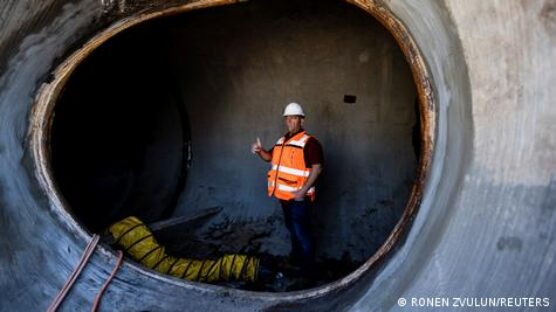
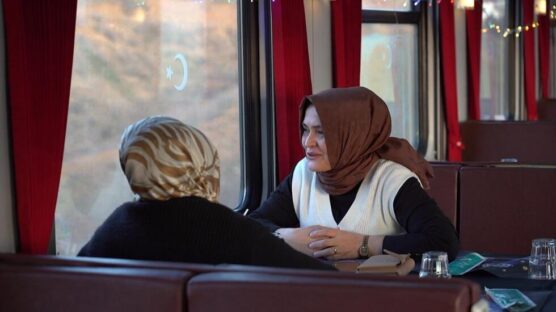

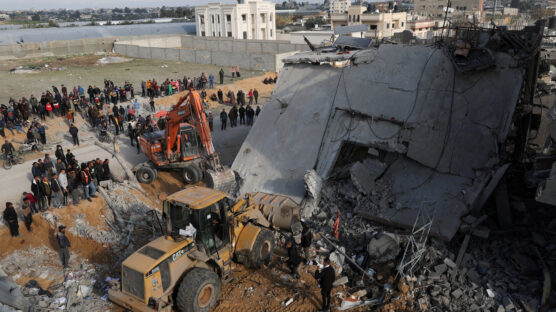




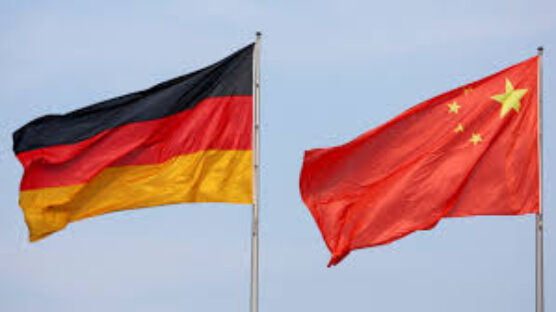
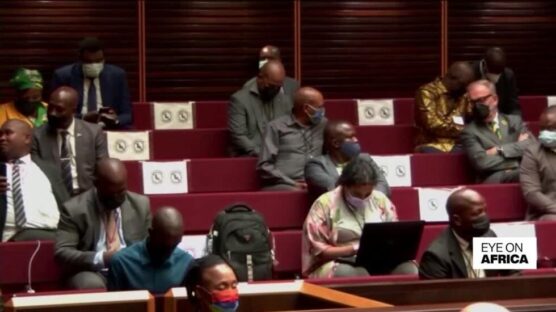




0 Comments
We will review and take appropriate action.